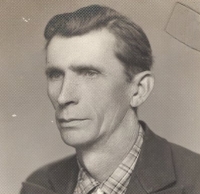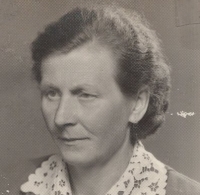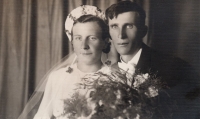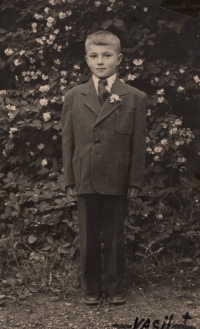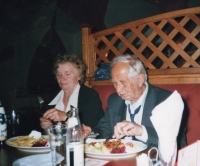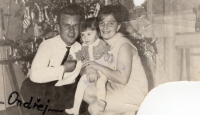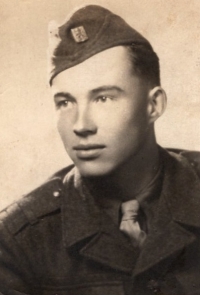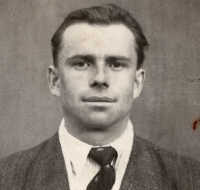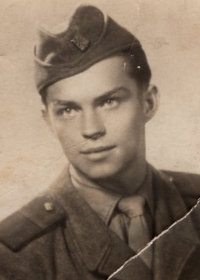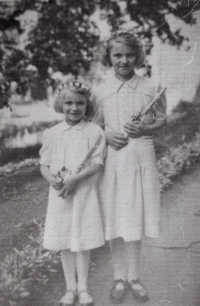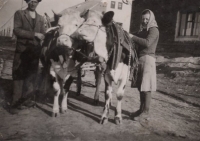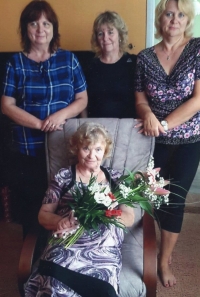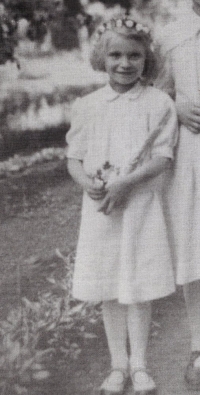They killed my Dad right in front of me

Download image
Júlia Hlavatá, née Chovancová, was born on 15 October 1938 in Vyšné Pisané, Slovakia. Her father, Vasil Chovanec, had a farm and managed to sustain his family quite comfortably until 1944, when the Battle of the Dukla Pass started in the vicinity of Vyšná and neighboring Nižná Pisaná, turning the picturesque valley of the Kapišovka brook into a bloodbath. The villagers, starving and numb with cold, had to hide in dugouts. As the battle was raging, they would take shelter in a nearby village of Dobroslava. After coming home, they found dead bodies of people who stayed and houses destroyed by artillery fire. Júlia lost her father during the war. Vasil Chovanec refused to give his horse to Wehrmacht soldiers. They would beat him up and set an ambush on him in the evening at the stables. The witness claims she saw his father being blown apart by a grenade. After the war, two students from Olomouc, Květoslava Bartoňová (née Axmanová) and Věra Kristková, came to the ruins of Vyšná and Nižná Pisaná as a part of humanitarian relief team, only to find children who were quite famished, traumatized and under-dressed. Some of them lost both their parents during the Battle of the Dukla Pass. Květoslava and Věra decided to help the children and to find foster families for them in Olomouc. That’s how Júlia and her younger brother Vasil ended up in the foster care of Mrs and Mr Lavička in Nasobůrky, Olomouc region. Vlasta and Jaroslav Lavičkovi had a farm, they were devout Catholics and they also admired the ideals laid out by Masaryk. Due to her political credentials, Júlia wasn’t allowed to apply for medical school, so she rather started working right after elementary school. As a twenty-year-old, she married Josef Hlavatý with whom she raised their three daughters – Marta, Vlastimila and Štěpánka.
